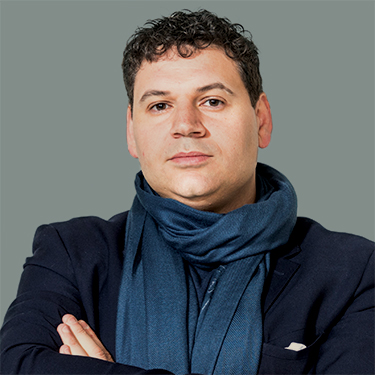Faculty keep creating impact while they flatten the curve
 The unprecedented urgency of the COVID-19 pandemic and health crisis has led to major adjustments in everyday life. Society will continue to transform in ways yet to be fully understood as the list of coronavirus victims continues to grow. It is during crises like these that we need to come up with the most effective solutions.
The unprecedented urgency of the COVID-19 pandemic and health crisis has led to major adjustments in everyday life. Society will continue to transform in ways yet to be fully understood as the list of coronavirus victims continues to grow. It is during crises like these that we need to come up with the most effective solutions.
The faculty and staff of the University of Washington have been able to switch to an entirely online teaching platform for the three campuses. In fact, UW was the first institution in the U.S. to switch the mode of teaching away from face-to-face instruction as a result of the sobering recognition that doing so would save thousands of lives. Although online education and distance learning have been proven to be effective, not all classes can easily be switched into an online mode. Moreover, online courses require pedagogical depth, an engaged process of extensive planning, thoughtful reflection on the best approach to present course materials, student engagement, participation and evaluation.
The shift to an entirely online platform is intimidating and potentially overwhelming to those who had never taught an online course before, but UW faculty were able to collectively make this transition. The University provided resources to help with this daunting task. Traditionally, effective pedagogy requires the physical presence of students and professors and their engaged interactions. Given the COVID-19 crisis, we had a mere two weeks between winter and spring quarters to rethink, realign, repackage, and design online courses to deliver knowledge in impactful ways. Transforming knowledge from one medium into another is by no means an easy task, especially if done on such a large scale and with so little time to plan.
Most professors will tell you that classroom interactions are everything! They build rapport between students and their professors, create connections among students, and more significantly advance how individual students see themselves in relation to others. Reflection is central in a student-centered pedagogy where discoveries of self-awareness and positionality in relation to privilege and power take place.
We cannot conceive of education without acknowledging its transformative nature and definitive impact. Impactful education requires adapting to unanticipated situations. At every academic institution, faculty are at the forefront of interaction with students and they understand that not all are privileged or have financial security or safe homes. Recognizing that quarantining can be a privilege, like many of my faculty colleagues, I designed my courses with flexibility in mind to accommodate all students, and anticipate potential COVID-19 infections as well. Flexibility does not mean easy, but rather allows the students to engage with the class at their own pace.
Professors are the engines of knowledge production and dissemination: the faculty of higher education. The role played by the faculty is integral to students’ lifelong learning journey. Professors open eyes to questions never thought of before. They spark curiosity that leads creative and critically engaged thinkers to produce transformative understandings of different kinds of knowledge. Professors perform a complete balancing act. They create and recreate approaches of knowledge dissemination allowing for new modes of thinking to emerge, sharpen analytical skills, encourage the drive to learn more and find answers and solutions beyond what already exists.
As a professor, this experience has taught me that the UW faculty are impactful even when they find themselves having to venture into uncomfortable territory. They “flatten the curve” while still producing and disseminating knowledge. It might not be perfect or ideal, but desperate times call for desperate measures … and fortunately our reactive measures ended up far from desperate. UW faculty have exceeded all expectations!
Student view: Coronavirus tossed all plans aside